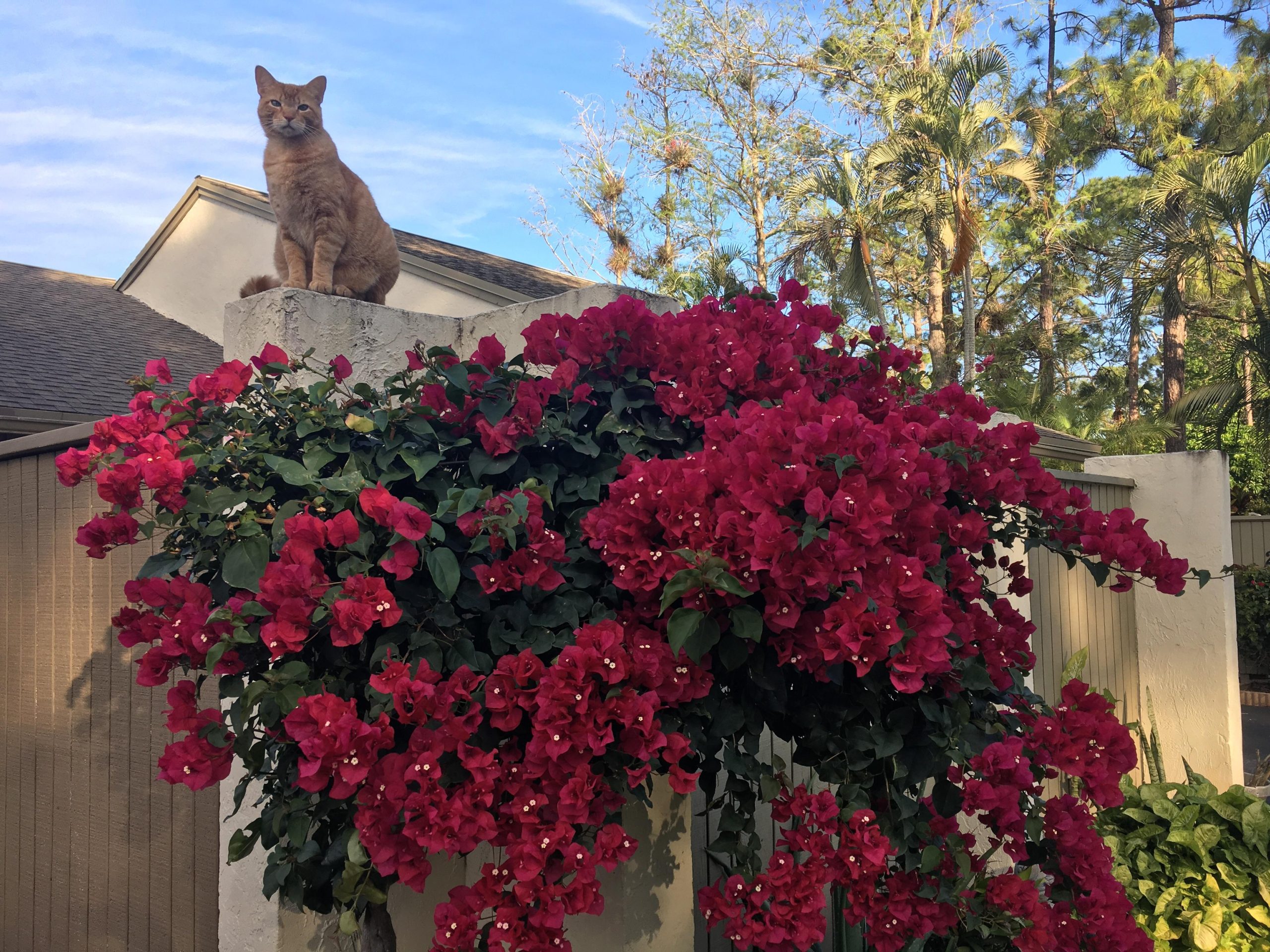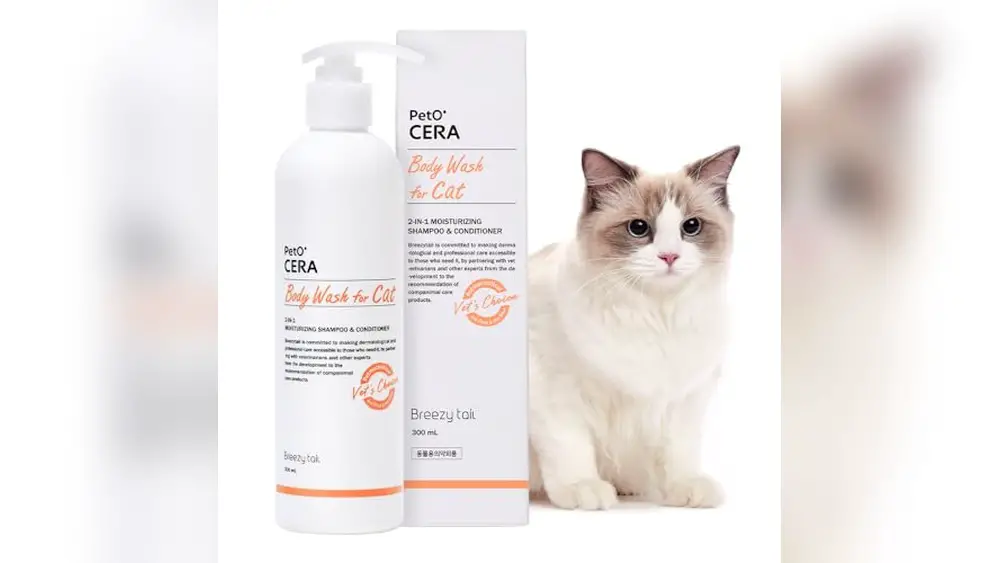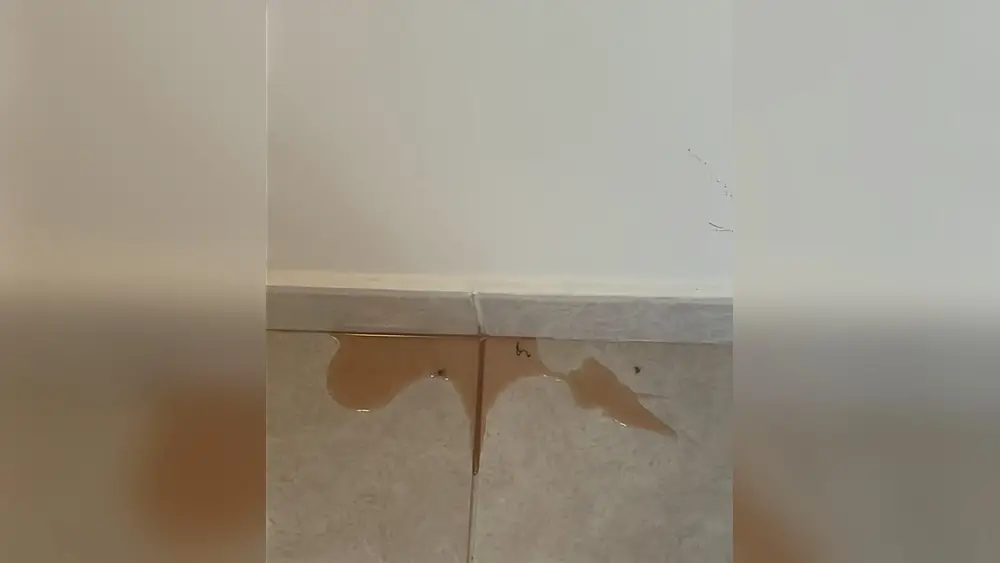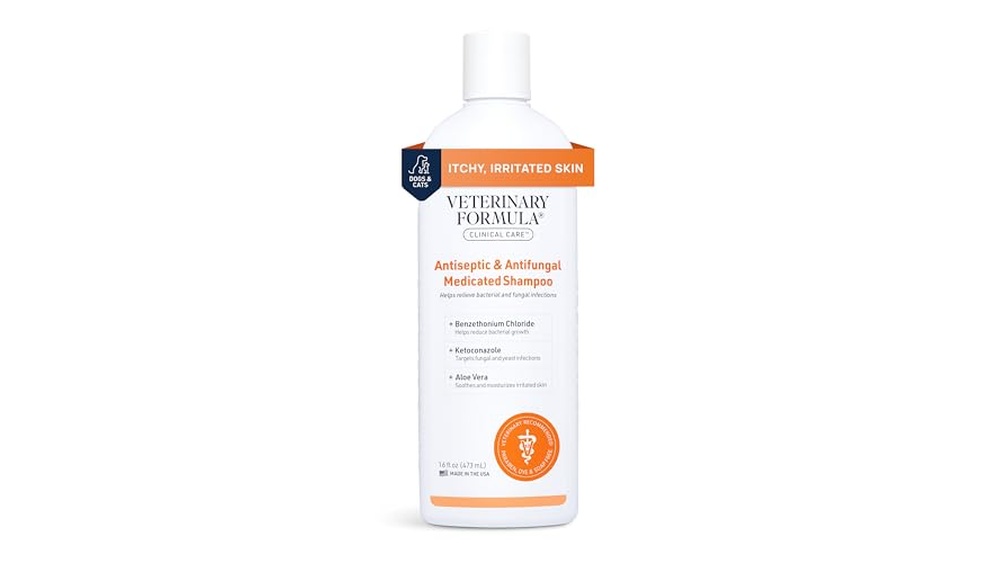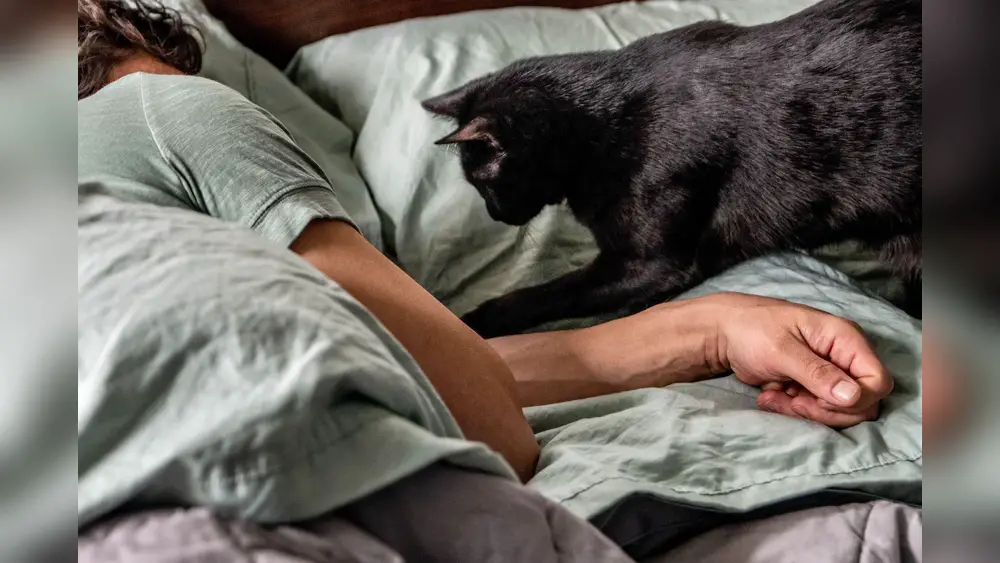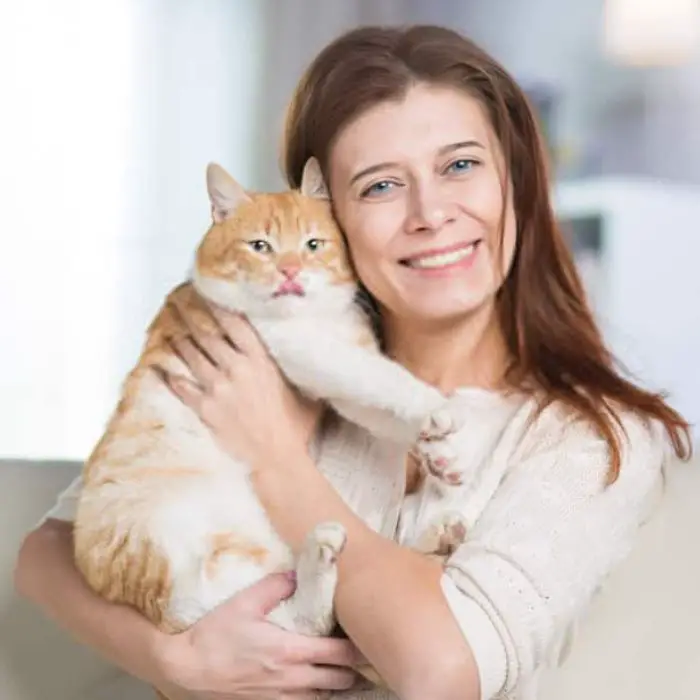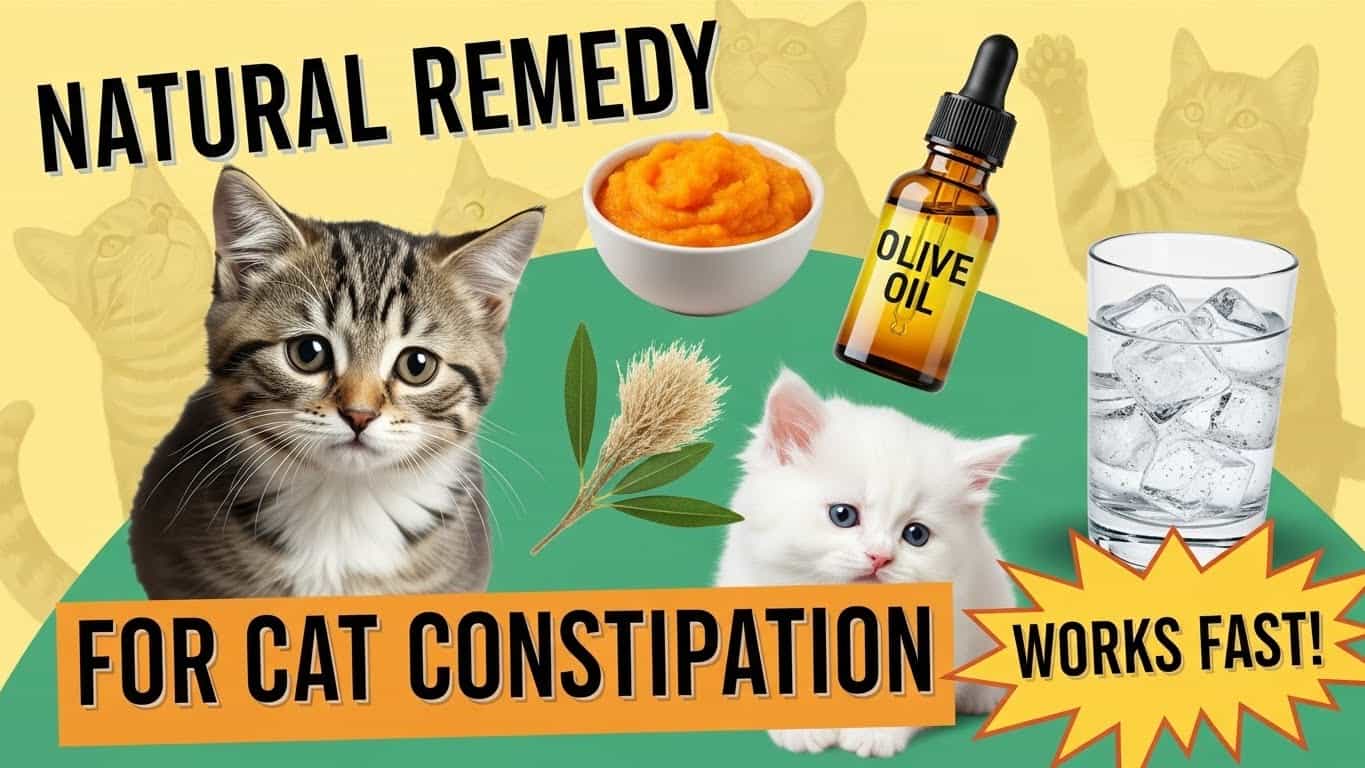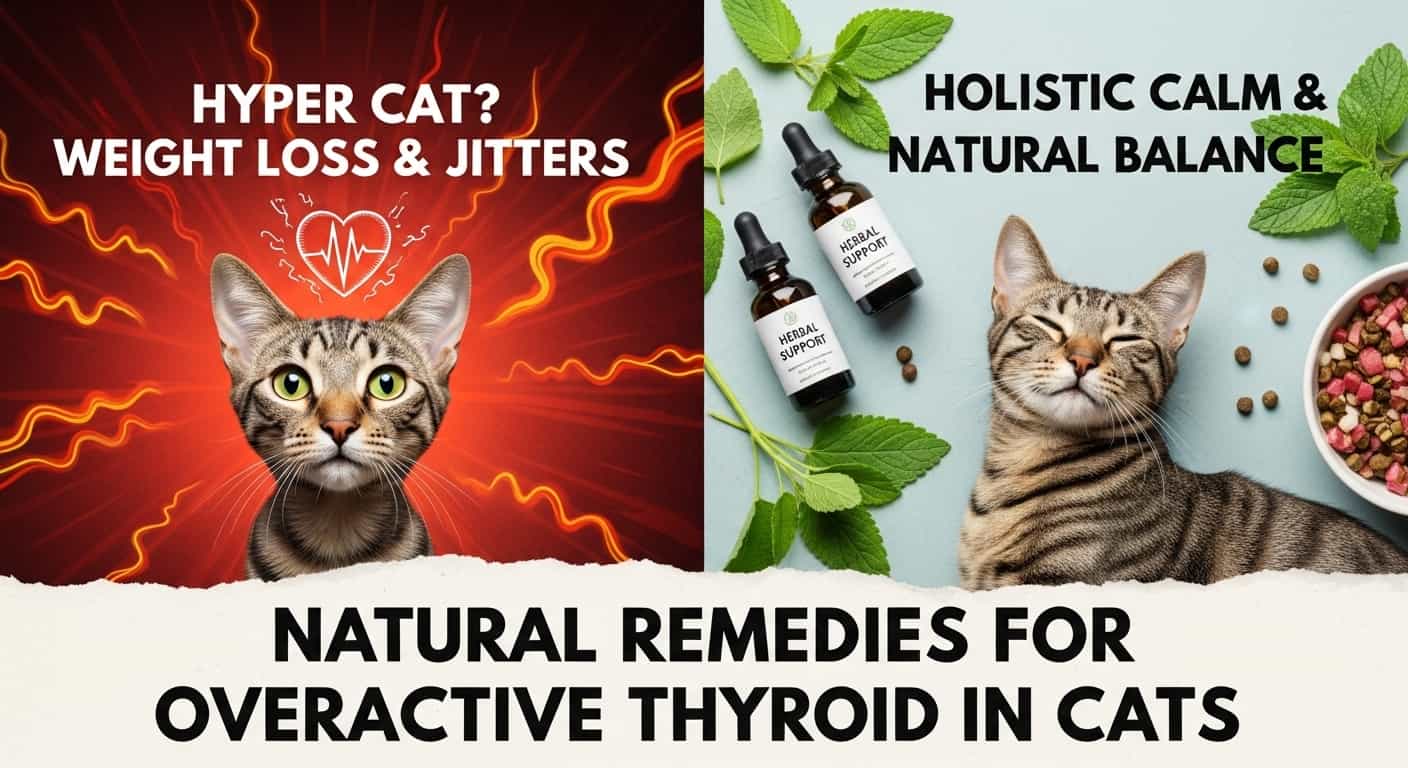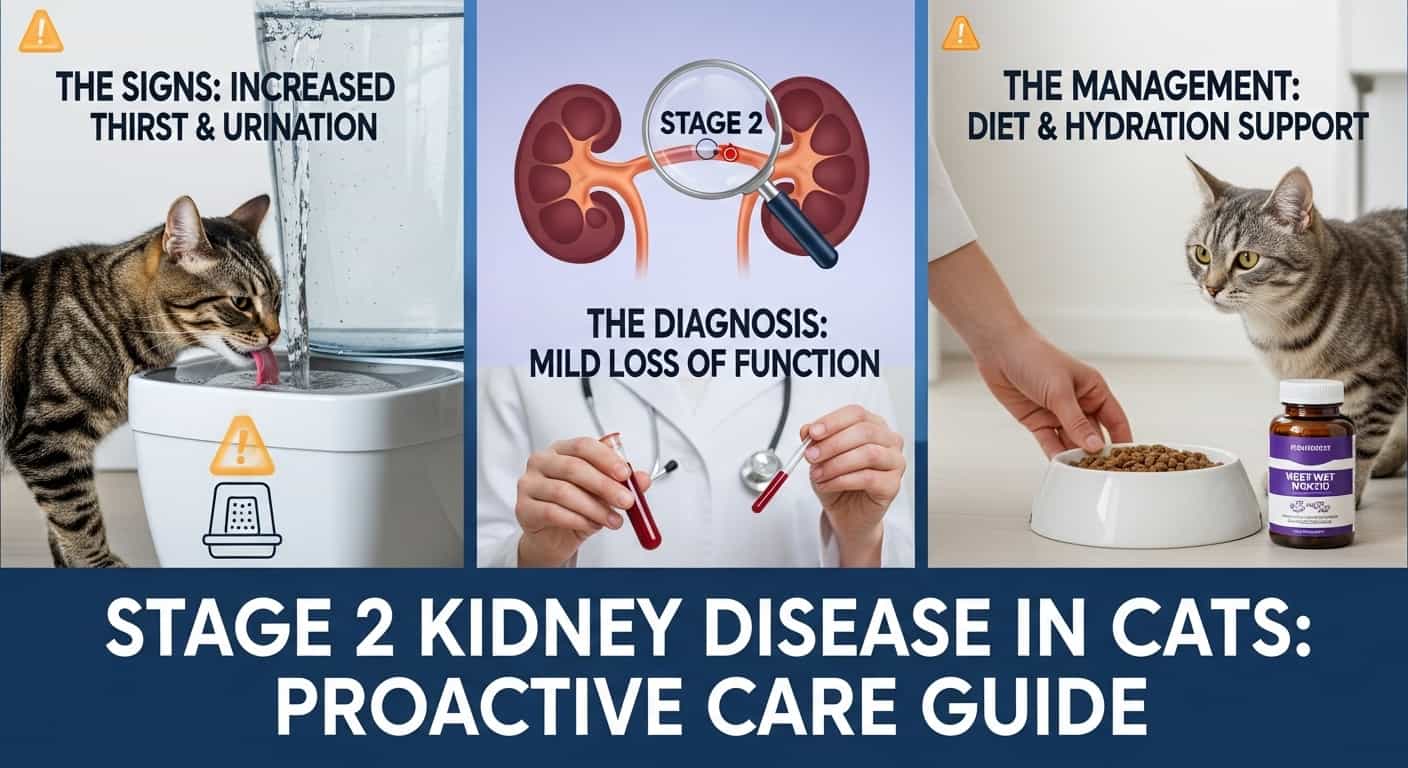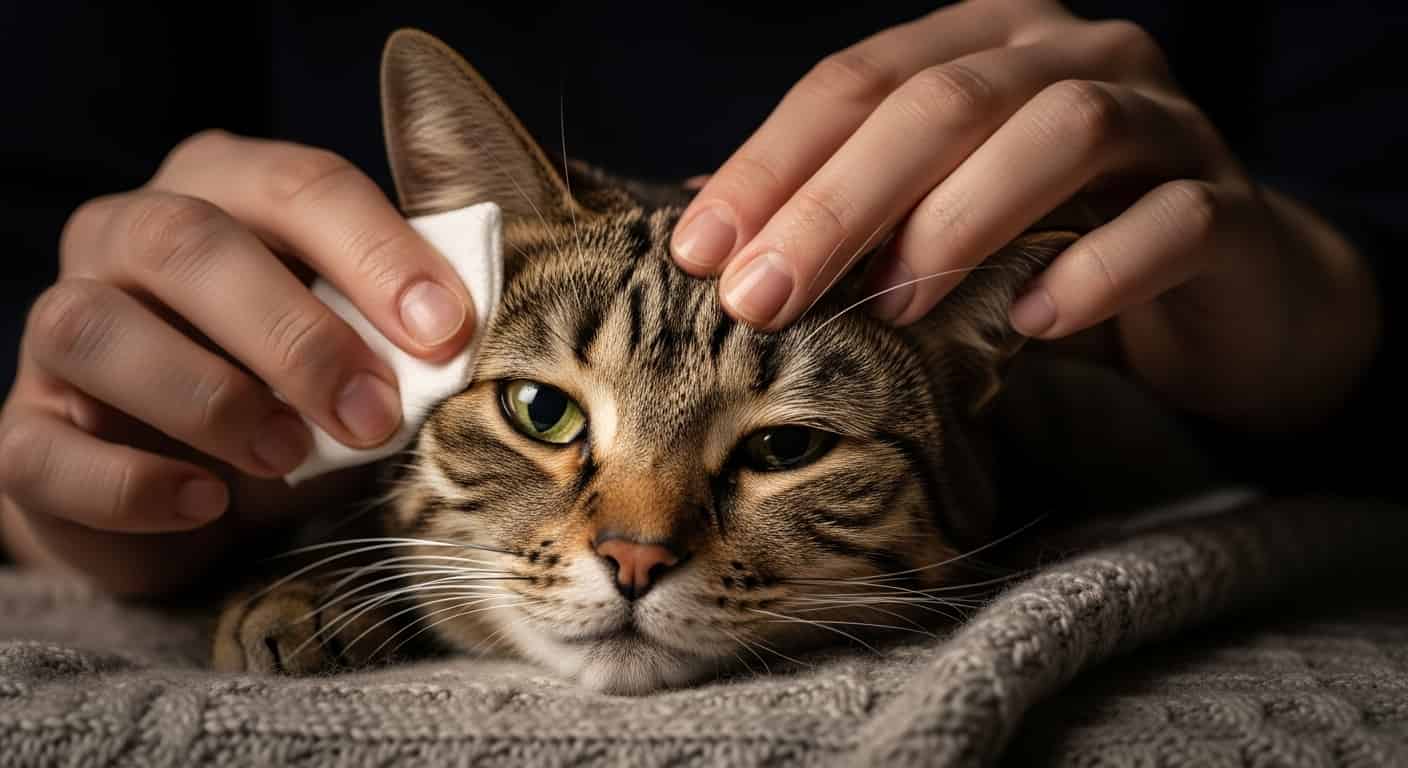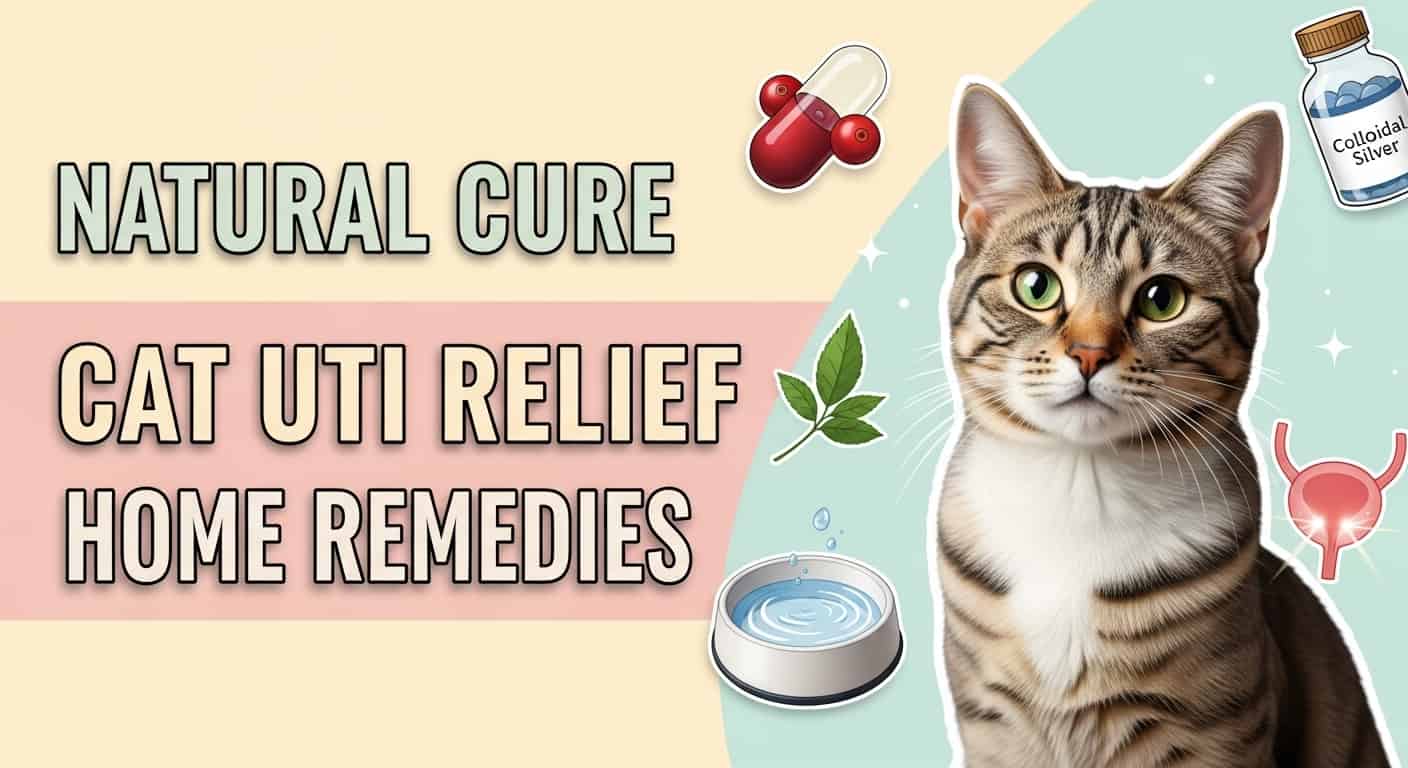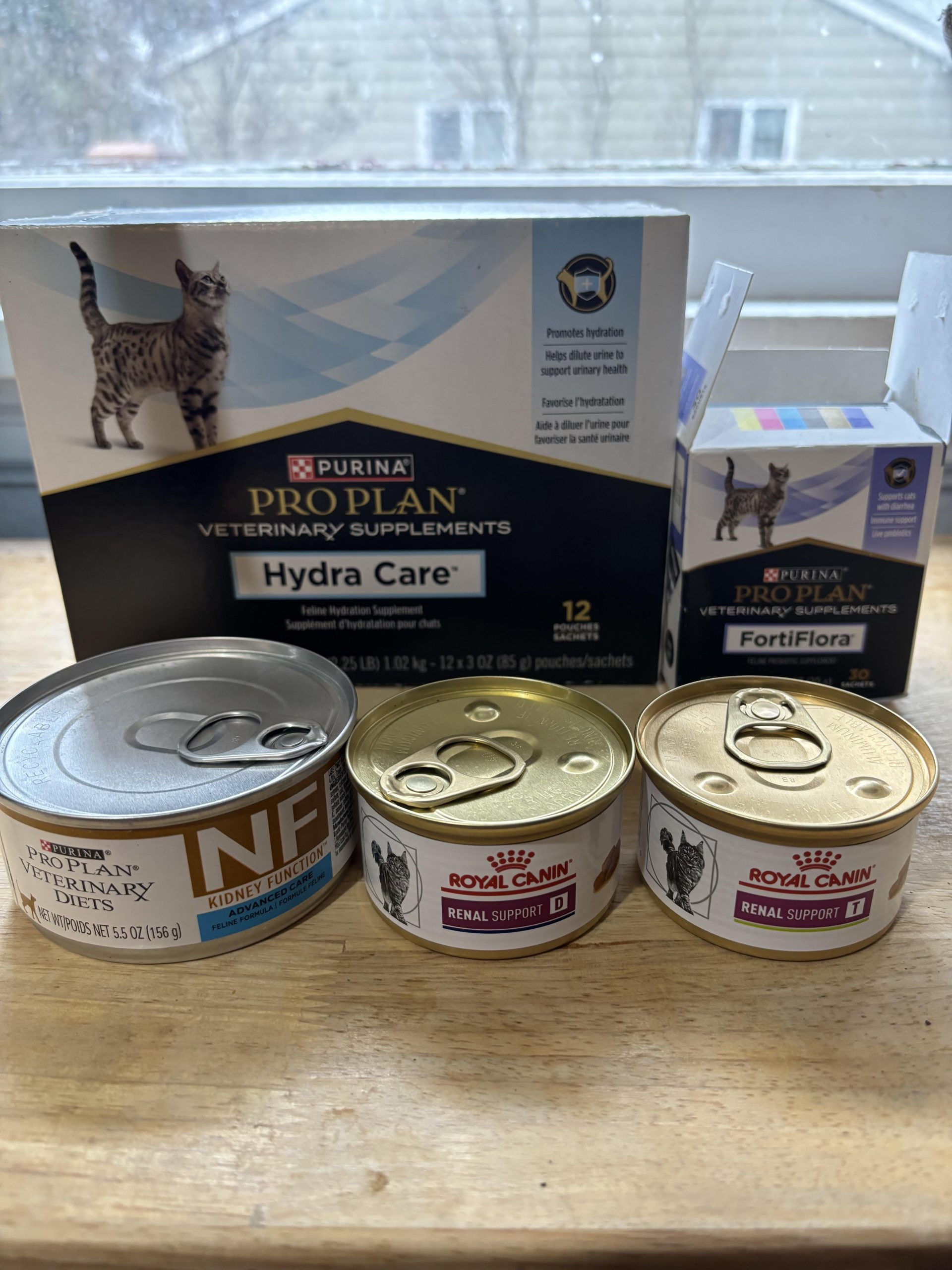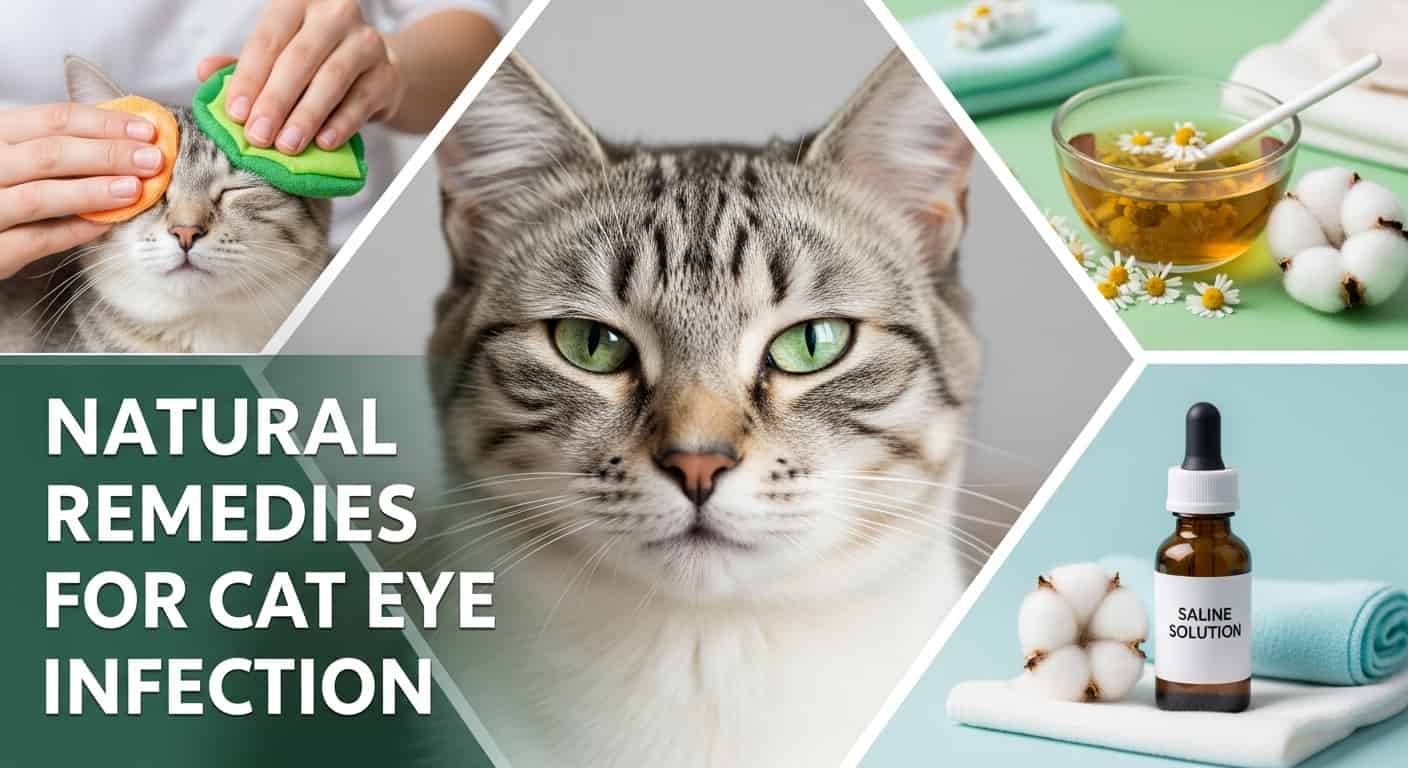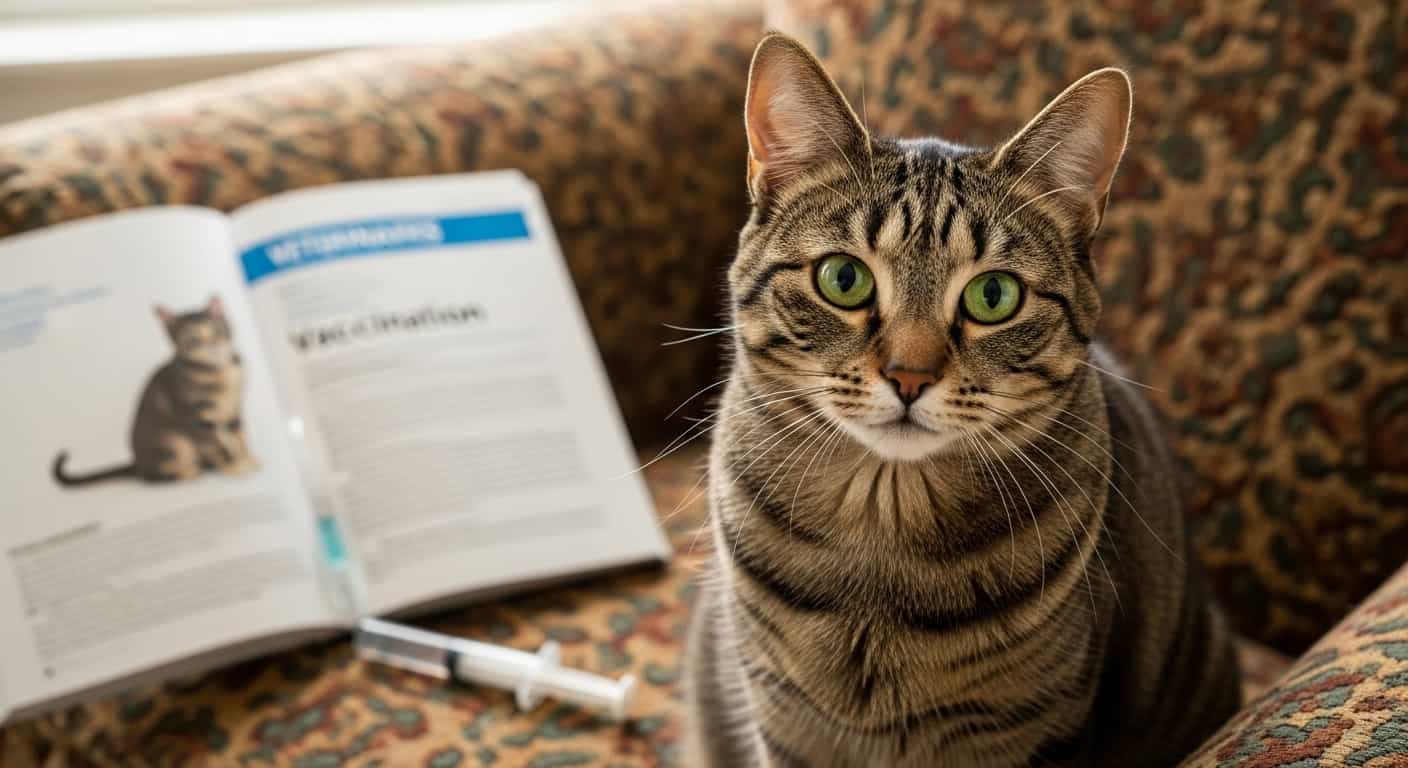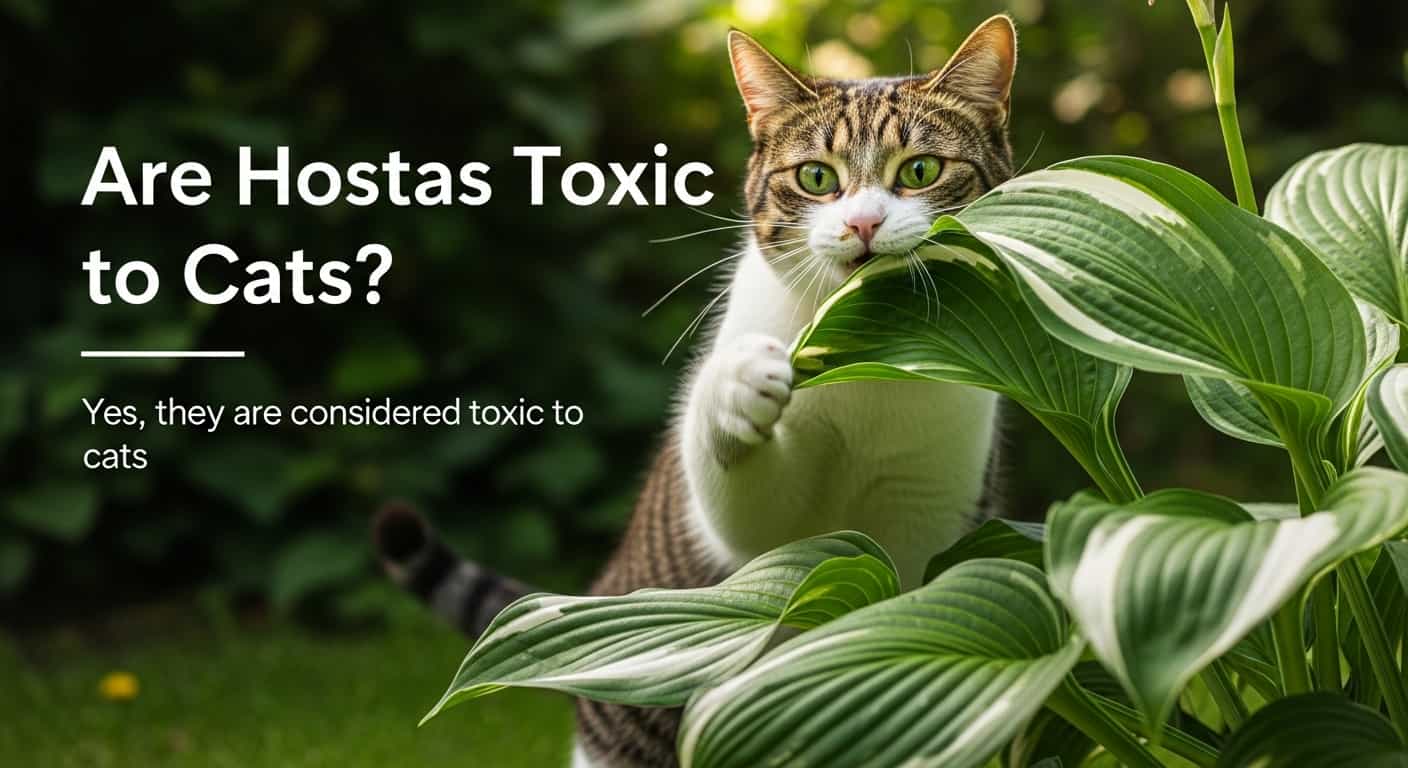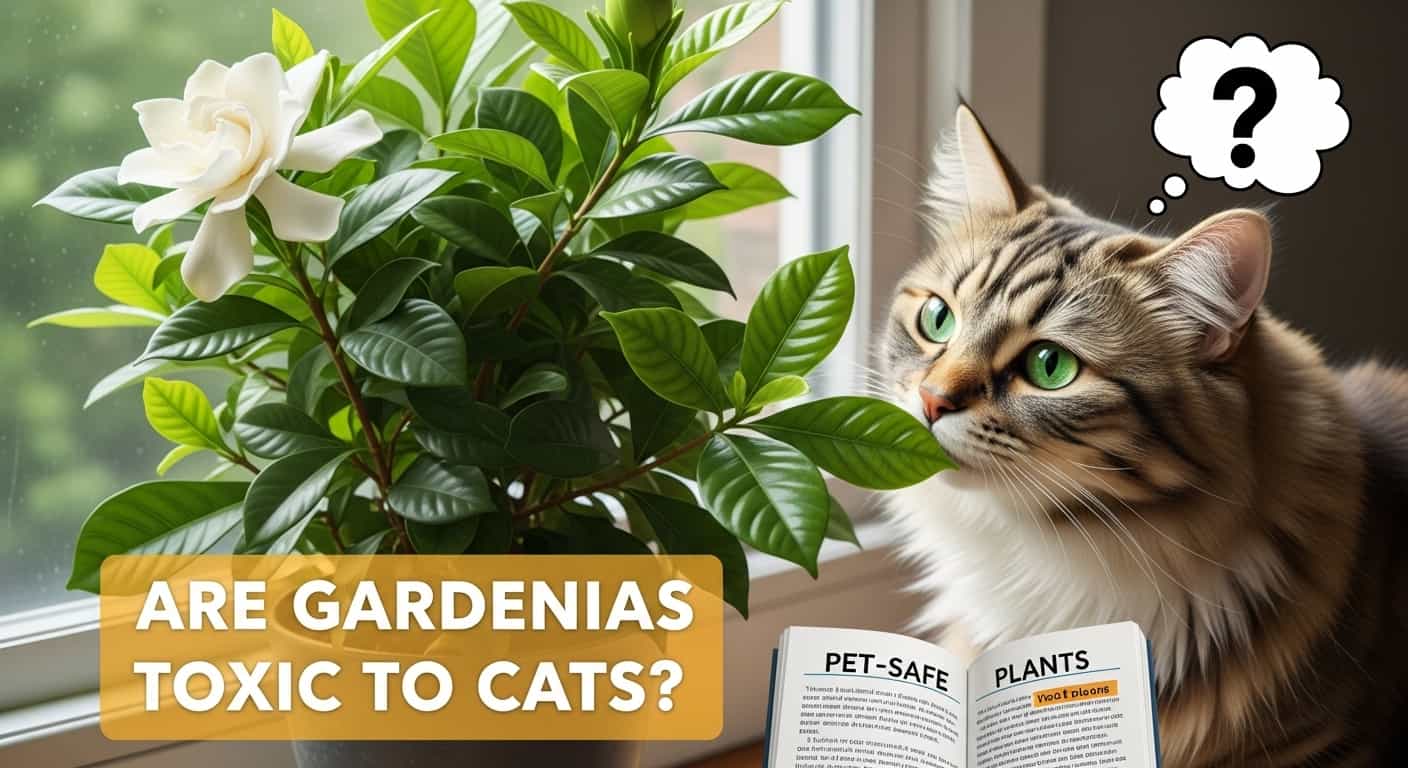You love your cats and want to keep them safe, especially when it comes to the plants in your home and garden. Bougainvillea, with its vibrant, colorful blooms, might be on your list of favorites.
Table of Contents
ToggleBut before you let your feline friend roam freely around these beautiful plants, it’s crucial to know if they pose any danger. Are bougainvilleas toxic to cats? This question might be nagging at the back of your mind, and getting the right answer could mean the difference between a happy, healthy pet and an emergency vet visit.
Dive in as we unravel the truth and provide you with the peace of mind you deserve.

Credit: www.facebook.com
Bougainvillea Overview
Bougainvillea is a vibrant, flowering plant adored for its striking colors. Native to South America, it thrives in warm climates worldwide. Its beauty often graces gardens, patios, and public spaces. But what lies beneath its stunning exterior? Understanding bougainvillea’s characteristics and uses helps appreciate this plant.
Plant Characteristics
Bougainvillea is a thorny, woody vine known for its bold colors. Its colorful bracts, often mistaken for petals, surround tiny white flowers. The plant blooms in shades of pink, purple, red, and orange. Bougainvillea can grow up to 40 feet in height. Its rapid growth makes it a popular choice for trellises and walls.
The plant’s leaves are simple and ovate, with a glossy texture. Bougainvillea thrives in well-drained soil and sunny locations. It is drought-tolerant, making it suitable for dry regions. Pruning encourages bushy growth and more blooms.
Common Uses
Bougainvillea adds color and beauty to landscapes. It’s often used as an ornamental plant in gardens. Homeowners use it to cover fences, walls, and pergolas. Its fast growth helps create privacy screens and hedges.
In addition to landscaping, bougainvillea serves as a container plant. It brightens patios and balconies with minimal care. Some cultures use bougainvillea for medicinal purposes. They believe it may help with coughs and colds.

Credit: in.pinterest.com
Here's a related post that you might find useful. Natural Remedy for Constipation in Cats: Effective & Safe Solutions
Toxicity Concerns
Bougainvillea plants are popular for their vibrant colors and easy care. Many pet owners wonder about their safety around cats. Understanding the toxicity concerns of bougainvillea is crucial for cat owners.
Chemical Components
Bougainvillea contains saponins and anthocyanins. These chemicals are responsible for the plant’s vivid colors. Saponins can cause mild irritation in pets. Cats may experience discomfort if they ingest these compounds.
Potential Risks
While bougainvillea is not highly toxic, there are potential risks. Cats may have mild digestive upset. Signs include vomiting or diarrhea. Some cats might also experience skin irritation. This happens if they brush against the plant.
Keeping bougainvillea out of reach can prevent issues. Monitoring your cat’s behavior around plants is wise. If symptoms appear, consult a veterinarian quickly.
Effects On Cats
Bougainvillea plants are famous for their vibrant colors. Yet, they pose risks to cats. Cats naturally explore their surroundings. This curiosity can lead them to nibble on plants. Bougainvillea leaves contain substances harmful to cats. Understanding these effects is crucial for pet owners.
Symptoms Of Ingestion
If a cat eats bougainvillea, symptoms may appear. Common signs include vomiting. Diarrhea is another sign. Drooling can also occur. Cats may refuse food. Watch for these signs. Quick action is essential.
Behavioral Changes
Consuming bougainvillea may alter a cat’s behavior. Cats might seem lethargic. They could hide more than usual. Agitation is another possibility. Increased vocalization may happen. Unusual behavior indicates distress. Immediate vet visits are advised.
Preventive Measures
Ensuring your beloved cats are safe from potentially toxic plants like bougainvillea in your garden is crucial. While these vibrant plants add beauty to your outdoor space, their leaves and flowers can pose risks to your feline friends. By implementing preventive measures, you can create a safe haven for both your garden and your pets.
Safe Gardening Practices
When planning your garden, prioritize choosing plants that are non-toxic to cats. Consider alternatives like catnip or lavender, which are not only safe but also provide enrichment for your pets. If you already have bougainvillea in your garden, monitor your cat’s interactions with the plant closely.
Regularly check for fallen leaves and flowers, as these are often ingested by curious cats. You might recall the time when your cat mistakenly nibbled on a seemingly harmless leaf, only to result in an unexpected vet visit. Such experiences underline the importance of vigilance.
Here's a related post that you might find useful. Natural Remedies for Overactive Thyroid in Cats: Effective & Safe Solutions
Pet-proofing Tips
Pet-proofing your garden doesn’t mean sacrificing style or functionality. Use barriers or fences to limit access to potentially harmful plants. This simple step can prevent your cat from wandering into risky areas.
Invest in raised planters or hanging pots to keep plants out of reach. Think about how you organize your garden space; strategic placement can make a world of difference. Have you considered using scents that deter cats? Citrus peels, for example, can be a natural deterrent.
Additionally, engage your cats in other activities to divert their attention from the garden. Toys or dedicated play areas can be effective. What strategies have worked for you in keeping your pets safe while maintaining a lush garden?
By taking these steps, you contribute to a harmonious environment where your cats can roam freely and your garden can thrive without worry.
Emergency Response
Bougainvillea plants are generally not toxic to cats. While ingesting large amounts might cause mild discomfort, serious issues are rare. It’s wise to monitor cats around plants to prevent accidental ingestion and ensure their safety.
When your beloved feline friend has had an unexpected encounter with bougainvillea, quick and calm action is crucial. While these vibrant plants are not highly toxic to cats, they can cause discomfort. This section will guide you through the necessary steps in handling such emergencies, ensuring your cat’s safety and well-being.Immediate Actions
First things first, you need to assess the situation. Did your cat ingest parts of the bougainvillea or simply come into contact with it? Check for signs like drooling, vomiting, or irritation around the mouth. If you notice these symptoms, remove any plant debris from your cat’s mouth gently. Next, offer your cat fresh water. This helps wash away any residue and can soothe minor irritation. Keep an eye on your cat’s behavior. Are they acting unusually lethargic or distressed? If so, this might require further action. Your priority is to provide comfort and calm. Cats can pick up on stress, so maintain a soothing environment.When To Contact A Vet
You may wonder if it’s necessary to involve a vet. If symptoms persist or escalate, contacting a vet is wise. Persistent vomiting or diarrhea are red flags that should not be ignored. Ask yourself, does your cat have a pre-existing health condition? This might increase the risk, warranting a vet consultation sooner. Timing can be crucial. If your cat’s condition worsens rapidly, do not hesitate to seek professional help. It’s better to err on the side of caution when it comes to your pet’s health. Ultimately, your instincts are valuable. You know your cat best, and if something feels off, trust your gut and reach out to your vet.Alternative Plants
Bougainvillea plants are not toxic to cats. They are safe for your feline friends, though caution is advised with thorns. Cats may experience minor irritation if they come into contact with the plant’s sap. Always monitor pets around unfamiliar plants to ensure their safety.
If you’re a cat owner who loves to decorate your home with vibrant plants, you might worry about the safety of your feline friends. Bougainvillea, though stunning, can pose a risk to cats due to its potential toxicity. Fortunately, there’s no need to sacrifice greenery for safety. There are plenty of beautiful, non-toxic alternatives that can keep your home lively and your pets safe. Let’s dive into some cat-friendly plant options that are both safe and aesthetically pleasing.Non-toxic Options
Choosing the right plant can sometimes feel overwhelming, especially when you have to consider both beauty and safety. Spider plants are a great choice. They’re not only easy to care for but also non-toxic to cats. Their arching leaves can add a touch of elegance to any room. Boston ferns are another excellent option. With their lush green fronds, they can brighten up any space without posing a risk to your cat. Have you ever noticed how a plant can transform a dull corner into a refreshing spot? Areca palms can make a bold statement in your living room. Their tall, feathery leaves are safe for cats and can create a tropical vibe in your home.Pet-friendly Choices
You don’t have to compromise on style when selecting pet-friendly plants. Bamboo palms are perfect if you’re aiming for a sophisticated look. They’re safe for cats and can thrive indoors with minimal maintenance. Calatheas are known for their striking patterns and vibrant colors. They’re non-toxic and can be a great conversation starter. Imagine your guests being fascinated by the plant’s beauty, while you have the peace of mind knowing it’s safe for your pet. Peperomias offer a range of textures and shades. These versatile plants are pet-friendly and can fit beautifully on a window sill or a coffee table. When selecting plants for your home, consider how they fit into your lifestyle and the environment you wish to create. Are you looking to add a pop of color or perhaps create a calming sanctuary? Remember, the goal is to create a space that feels like home for both you and your cat. By choosing non-toxic, pet-friendly plants, you ensure a safer environment without compromising on aesthetics. What will you choose to brighten up your space safely?Expert Opinions
Bougainvilleas are vibrant and popular in many gardens. Yet, cat owners often wonder about their safety for pets. Expert opinions vary on this topic. Let’s delve into what the experts say.
Veterinary Insights
Veterinarians often receive questions about plant safety. Bougainvillea is mildly toxic to cats. Ingesting it may cause stomach issues. Symptoms can include vomiting and diarrhea. Thankfully, these symptoms are usually mild and short-lived.
Veterinarians suggest keeping an eye on your cat. If your cat chews on bougainvillea, observe their behavior. Contact a vet if symptoms persist. It’s always wise to err on the side of caution.
Gardening Advice
Gardeners love bougainvilleas for their color and resilience. Cat owners can still enjoy these plants with some care. Place bougainvilleas in areas less accessible to cats. Consider elevated pots or hanging baskets.
For those with curious cats, other plants might be better. There are many cat-safe plants to choose from. Research and careful planning can create a safe garden. A garden that is beautiful and pet-friendly.

Credit: www.reddit.com
Frequently Asked Questions
Are Bougainvillea Harmful To Cats?
Bougainvillea is generally not toxic to cats. However, the plant’s thorns can cause injury. If ingested, cats might experience mild digestive upset. It’s best to keep plants out of reach and monitor your pet’s behavior around them. Always consult a veterinarian for health concerns.
What Symptoms Do Poisoned Cats Show?
Cats poisoned by plants might show symptoms like vomiting, diarrhea, or lethargy. Bougainvillea is not typically toxic, but ingestion can cause mild stomach upset. Monitor your cat for unusual behavior and contact a vet if symptoms persist or worsen.
How To Keep Cats Away From Bougainvillea?
To deter cats from bougainvillea, use physical barriers like fencing or plant covers. Spraying a pet-safe deterrent can also help. Ensure your cat has alternative safe plants or toys to distract them. Regularly monitor their interactions with outdoor plants.
Can Cats Safely Eat Bougainvillea?
Cats should avoid eating bougainvillea. While not highly toxic, ingestion can cause digestive upset. Provide your cat with safe alternatives for chewing. If you notice your cat eating plants, consult your veterinarian for advice and ensure their safety.
Conclusion
Bougainvillea plants and cats can coexist safely. The plant is not toxic. But, it might cause mild irritation. Chewing on leaves or flowers can lead to stomach upset. Always monitor your cat’s interaction with plants. Provide safe alternatives for chewing.
Ensure your home is cat-friendly. Keep harmful plants out of reach. Regular vet visits help maintain your cat’s health. Knowledge keeps your pets safe and happy. Enjoy your vibrant bougainvillea without worry. Balance beauty with pet safety. Your home can be both colorful and secure.

